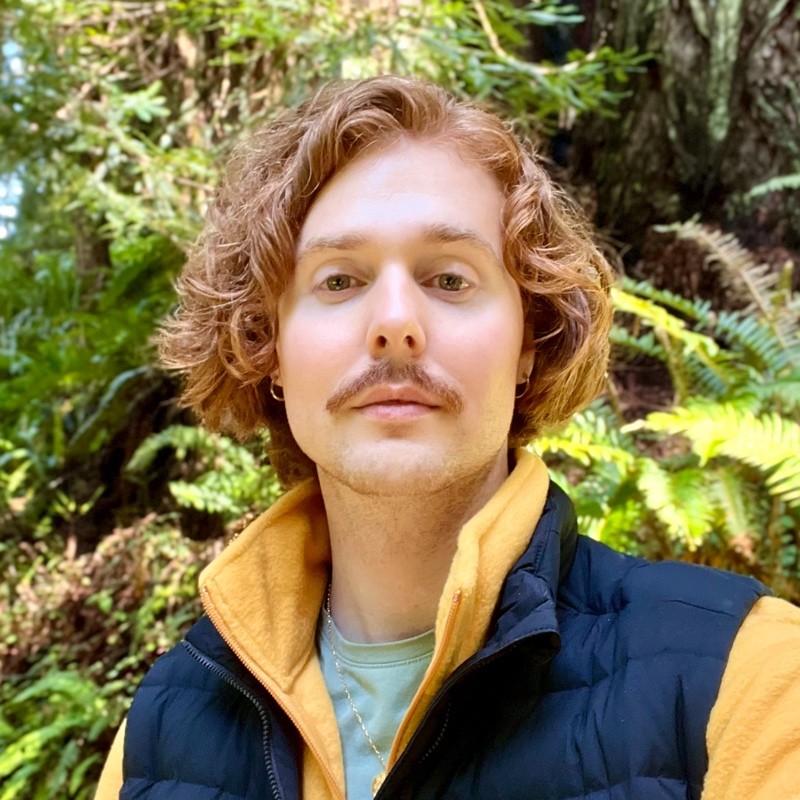I am a passionate environmental leader and the Project Manager of the Restoration Through Overhead Refugia Exploration (ResTORE) project – a climate adaptation and ecological restoration project in the province of Nova Scotia that focuses on critical cold water refugia for salmonids.
My journey into conservation and environmental work began after the 2020 pandemic, when I made the bold decision to leave a career in business and return to school as an adult, driven by a renewed sense of purpose and a commitment to ecological stewardship and environmental management.
Since joining the Maritime Aboriginal Peoples Council, I have led the ResTORE project with vision and determination, implementing innovative strategies to restore critical aquatic habitats, enhance canopy cover, and build climate resilience across four vulnerable watersheds. My work is distinguished by a collaborative approach that integrates scientific research with academic studies, community engagement, and ensuring that restoration efforts are inclusive, effective, and sustainable.
I am deeply passionate about Indigenous rights, and I advocate for the integration of Indigenous Traditional Knowledge and leadership in environmental restoration. My commitment to equity and justice is reflected in my efforts to ensure that restoration projects honor and uplift Indigenous Communities and their stewardship of the land.
Grateful for the nomination for the 2026 ECO Impact Award, I view this recognition as a reflection of the collective efforts of my team and the communities we serve. My story is a testament to the power of personal transformation and the impact of dedicated individuals in shaping a more sustainable future.

In the spirit of respect, reciprocity, and truth, we acknowledge that we live, work, and gather on the traditional territories of the peoples of Treaty 7, including the Blackfoot Confederacy—comprising the Siksika, Kainai, and Piikani Nations—as well as the Îyâxe Nakoda and Tsuut’ina Nations.
This land, known as Moh’kinsstis in the Blackfoot language and encompassing what is now Districts 5 and 6, is also home to the Métis Nation of Alberta, Region 3, within the historical Northwest Métis homeland.
We recognize and honour the deep connection these Nations have to the land, and we are grateful for the opportunity to share in its stewardship.
As we continue our work, we commit to learning from Indigenous knowledge systems, uplifting Indigenous voices, and fostering relationships rooted in equity, understanding, and reconciliation.